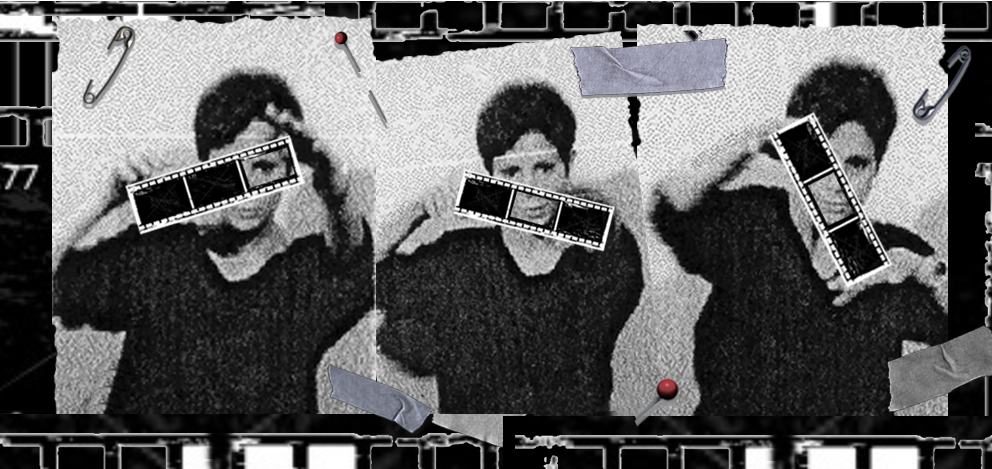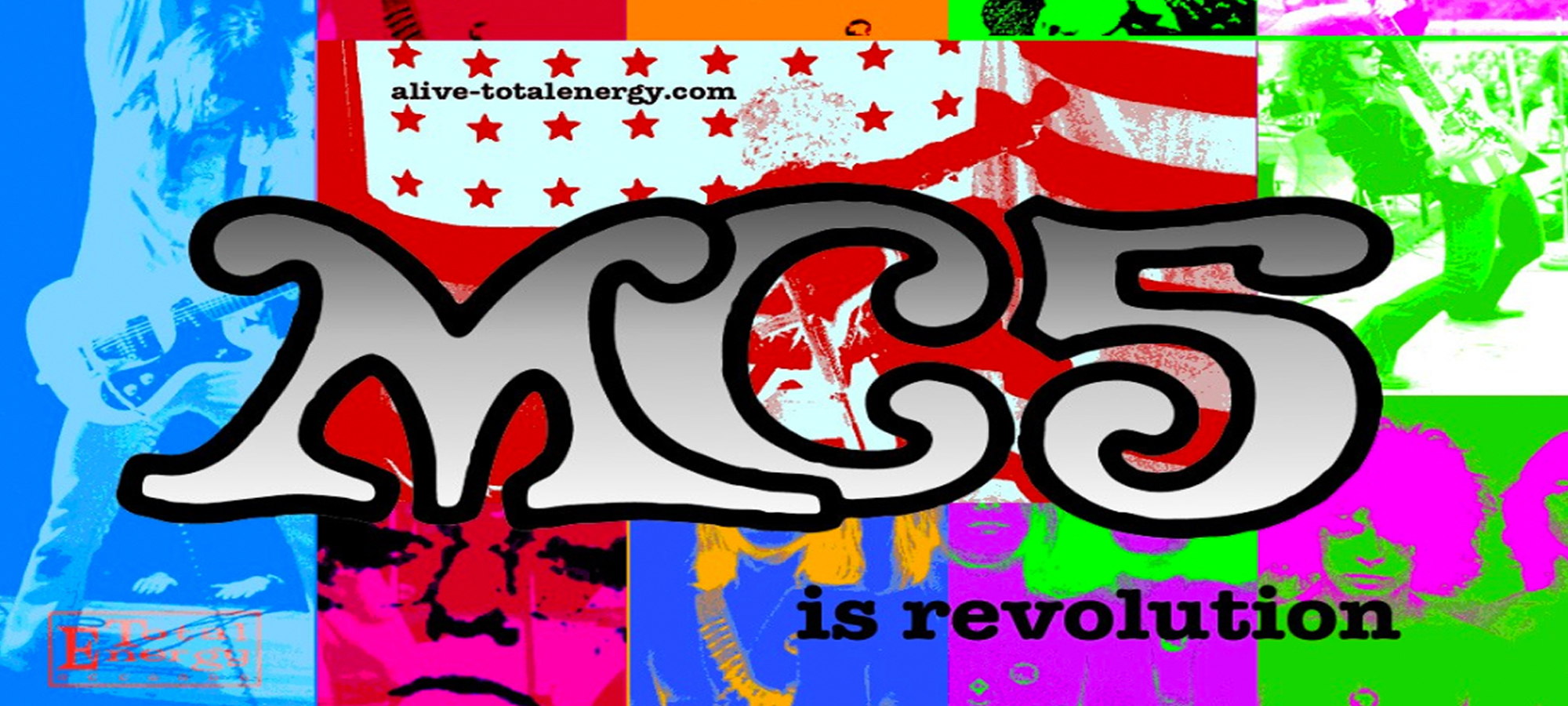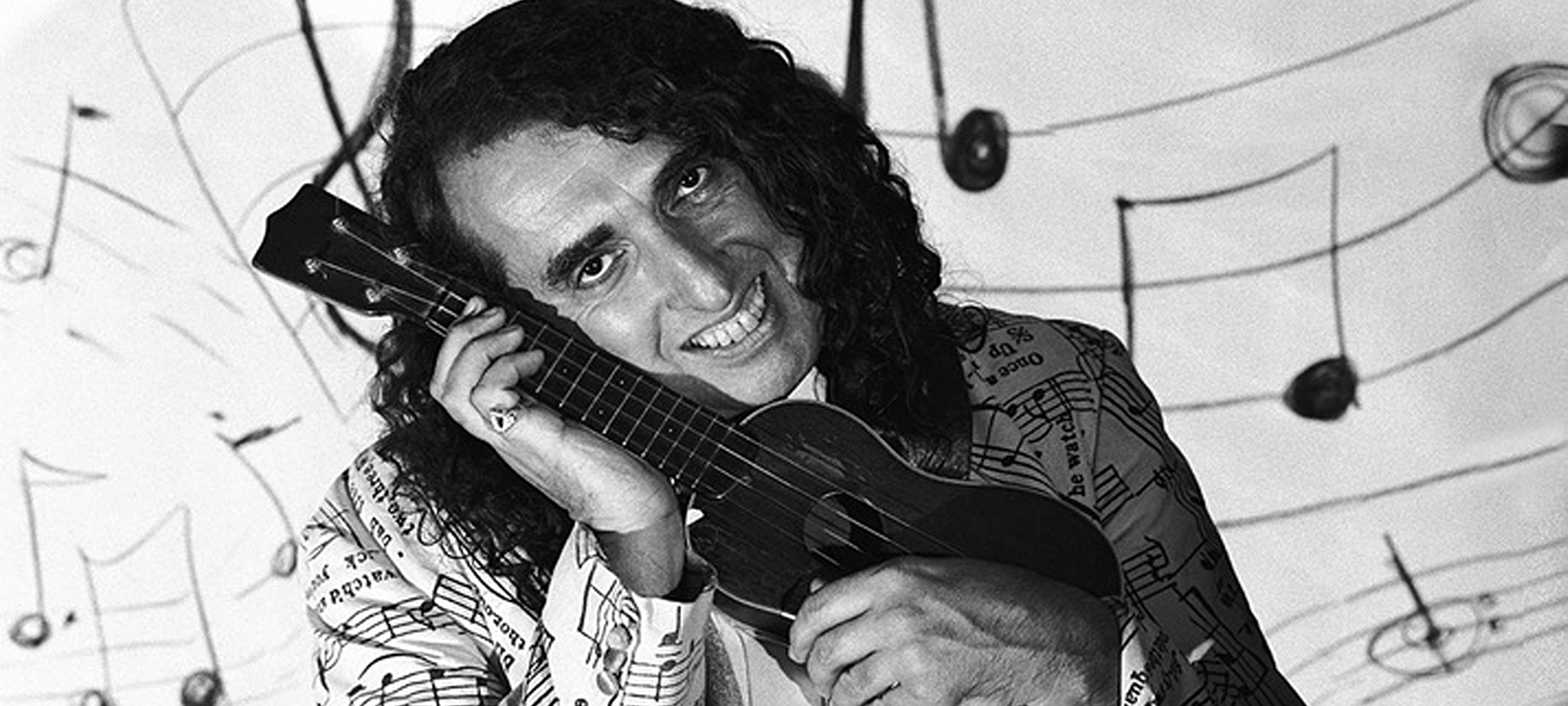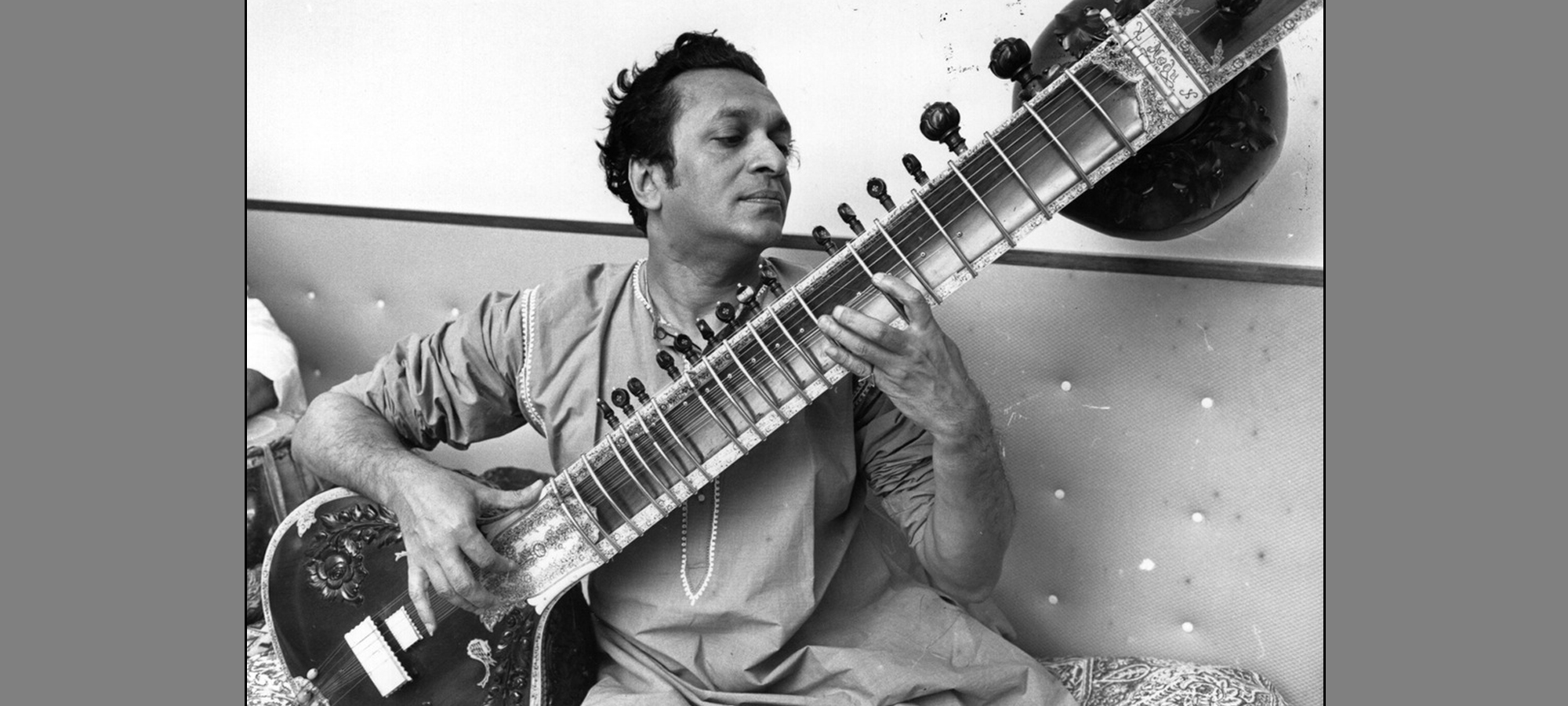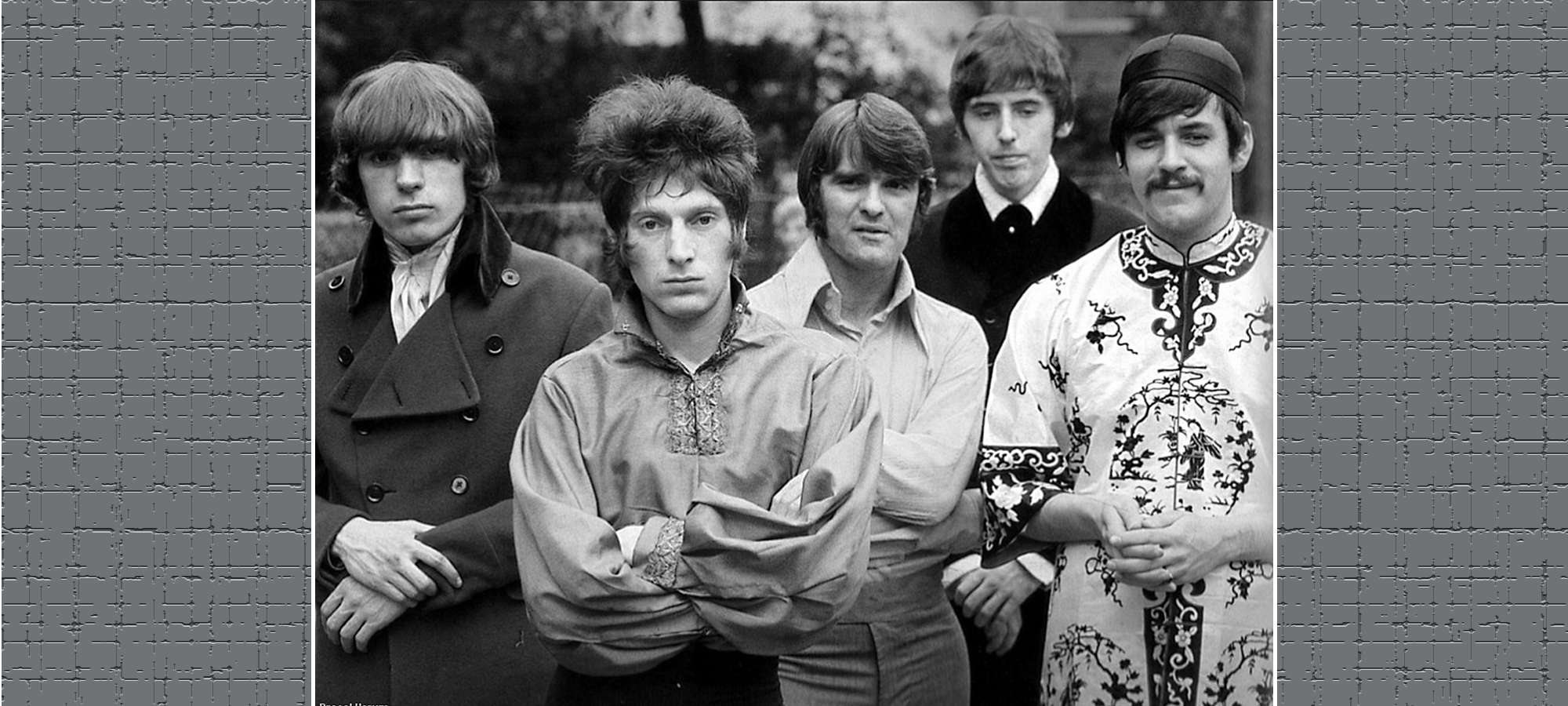David Peel: The Dope-Smokin’ Pope of the New York City Hippies
By the time the Age of Aquarius hit my little Pennsyltucky town, it was already the Age of Libra. For years we stared at our cabinet TVs with envy at the scenes of flower-children burning draft cards in Chicago, marching for peace in D.C., and dancing in hallucinogenic stupor in Golden Gate park. Just when we'd nearly given up hope that we'd ever be hip, God answered our prayers and gave us something to break the monotony of our boring, bourgeois lives: a bearded, long-haired, blurry-eyed, sandaled dude whom the town elders affectionately called "The Dirty Hippie." So touched was he by this moniker that he actually painted the nom de freak on the side of his psychedelically embellished pickup truck. What a treat to see him whiz by -- "Sunshine of your Love" and fragrant smoke wafting from his windows -- as we walked home from school. "Hey look! It's the Dirty Hippie!" we'd cry out as we waved. I have no idea whether our token tokin' rebel embraced the make-love-not-war ideology of the times, but he looked like he stepped right out of central casting for "Easy Rider." And that was good enough for us. We didn't want any trouble-making pinko types, anyway. We weren't ready for our small hamlet to become infested with the city-bred rodent variety of hippie -- like those personified by David Peel.

